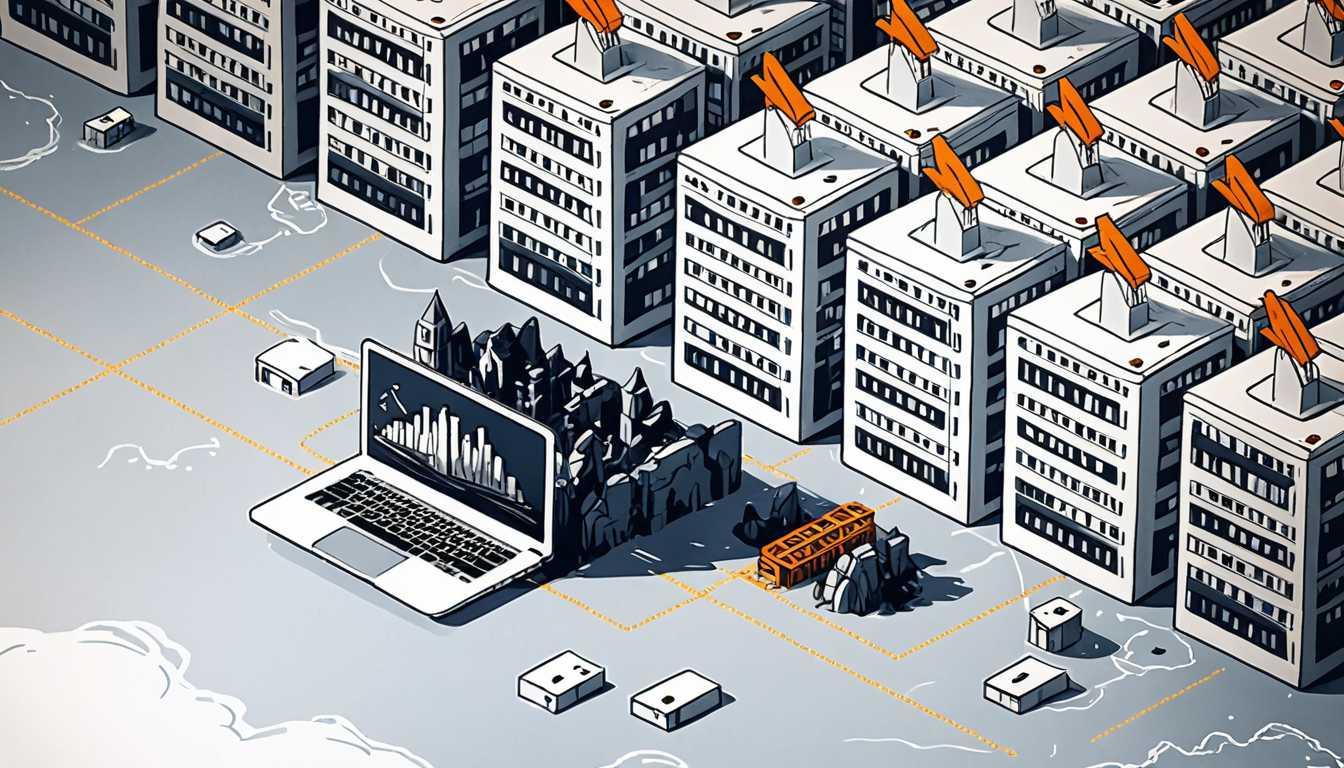Climate Models: Powering Local Decisions!
June 2024
MIT News
Introduction
Hey future world-changers! Ever wondered how climate models can help your town make smarter decisions? Check out "Making Climate Models Relevant for Local Decision-Makers," where you’ll discover how scientists are turning complex data into local action! It’s like translating a foreign language, but instead of “bonjour,” it’s all about saving our planet. Get ready to dive in and see how you can be part of the climate conversation! (Source: CellImage)
READ FULL ARTICLEWhy It Matters
Discover how this topic shapes your world and future
Unlocking the Secrets of Climate Change
Understanding climate models is crucial because they help us predict the impacts of climate change, which affects everyone on the planet. As climate change leads to rising sea levels, extreme weather events, and shifts in ecosystems, knowing how to prepare and respond is vital. With the help of advanced techniques like machine learning, scientists can make these predictions more accurate and faster than ever before. This is particularly important for cities that need timely information to protect their residents and resources. Imagine being able to advise your community on what crops to plant or how to prepare for a major storm—this is the real-world impact of climate modeling on your life and future.
Speak like a Scholar
Climate Model
A scientific tool that simulates the Earth's climate to predict future weather patterns and climate conditions.
Downscaling
The process of taking a broad climate model and generating more detailed information for a smaller area, like a city or region.
Adversarial Learning
A technique in machine learning where two models work together—one creates data, and the other checks if it's accurate, improving the quality of the output.
Computational Costs
The amount of computing power and time needed to run complex models, which can often be very high in traditional climate modeling.
Super-resolution Data
Highly detailed information generated by improving the quality of data, like a zoomed-in image that shows all the fine details clearly.
Stakeholders
People or organizations with an interest in a particular issue, like local governments, farmers, or insurance companies, who need accurate data to make decisions.
Independent Research Ideas
The Role of Machine Learning in Disaster Preparedness
Investigate how machine learning technologies can enhance disaster preparedness through improved climate modeling. This topic is interesting because it combines technology and environmental science, showing how innovation can protect communities.
Comparative Analysis of Climate Models
Compare traditional climate models with newer machine learning approaches. Exploring the strengths and weaknesses of each could reveal how future models might evolve.
Impact of Climate Change on Food Security
Study how changing weather patterns affect agricultural production in various regions. This research could connect climate science with economics and social issues, providing a well-rounded perspective.
Urban Resilience and Climate Change
Examine how cities can adapt to climate change impacts using advanced climate modeling. This topic is relevant and timely, as urban areas face increasing risks from extreme weather.
Historical Weather Patterns and Future Predictions
Research how historical weather data can be used to improve predictions in climate modeling. This project would highlight the importance of data analysis and statistics in understanding climate trends.
Related Articles

Generative AI: The Hidden Environmental Cost
January 2025
MIT News

Unlocking the Universe: The Rubin Telescope
December 2024
Harvard Gazette

Rivers Beyond Earth: Unveiling Cosmic Mysteries
July 2023
Massachusetts Institute of Technology (MIT)

Asteroids: Earth's 1,000-Year Pass
May 2023
MIT Technology Review

Exploring Exoplanets: The TRAPPIST-1 Journey
July 2024
MIT News